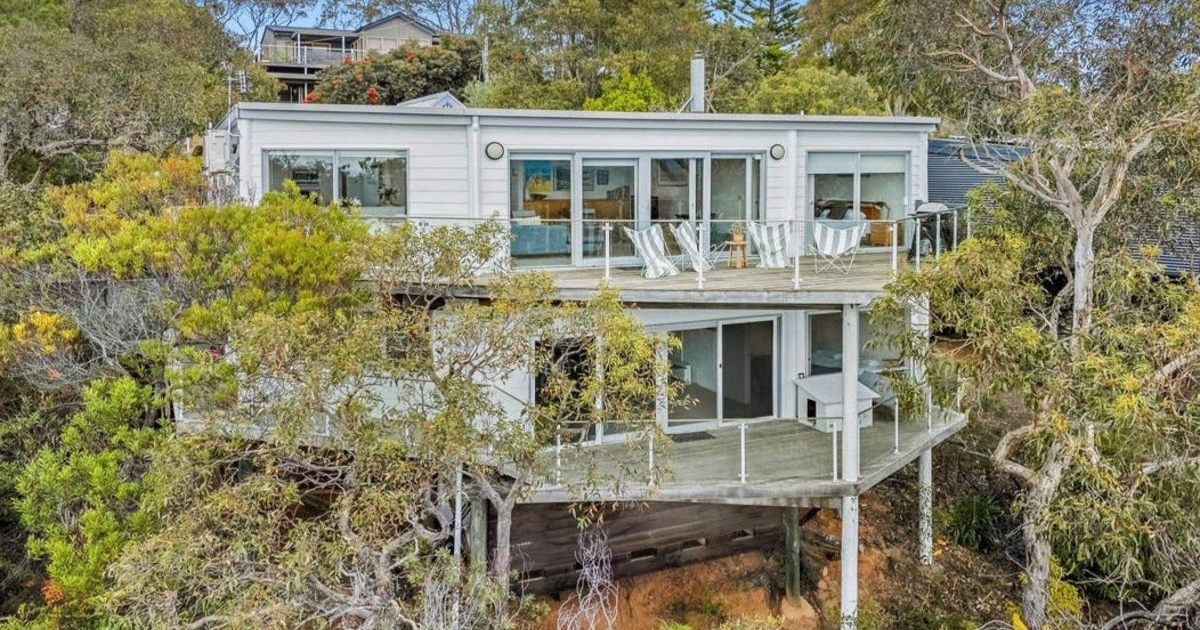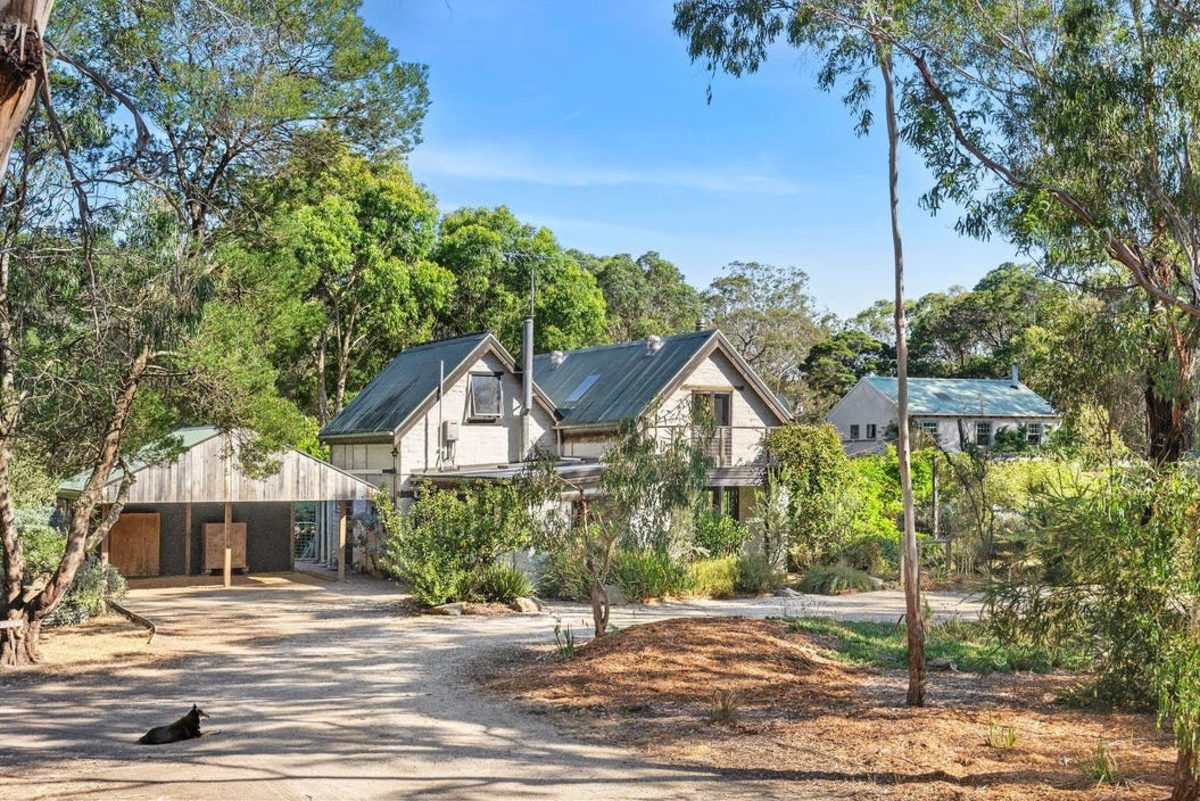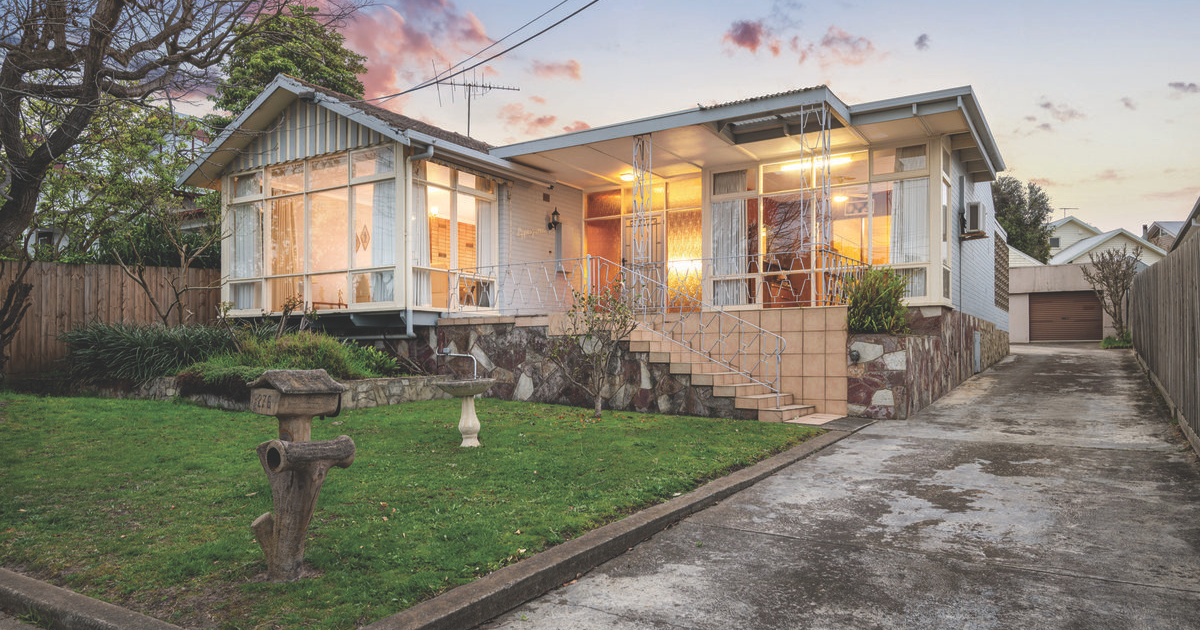Cooking with a deposit in mind

The keys to successfully saving for a home lie in your budget, and a core part of your budget is getting your shopping costs down and cooking at home.
One of the quickest and most effective ways for two people to save for a deposit is to tighten your belts and live on just one of your incomes for a number of years while you dedicate the entirety of the other income towards your deposit.
So how do you stop yourself from wasting away when cooking for two on a single budget?
The keys to successfully saving for a home lie in your budget, and a core part of your budget is getting your shopping costs down.
It’s time to get back in contact with your inner student, while adding the flourishing touches of nutrition that will keep you sustained over these tighter years.
Noodles are your saviour
Forget religion, nothing but noodles can save you now, the trick to cooking cheaply for two is to get your base right.
Those two-minute noodles might have reduced you to a shell of health during your studious years, but added to shredded cabbage, cos lettuce, carrot, peas, broad beans and brocollini, all mixed with a quick vinaigrette (quickly mix up sesame oil, balsamic vinegar, a drizzle of lime, mirin and even a dash of pomegranate molasses), and you are well onto your way to an auction victory.
Need more nutrition? Swap the noodles for a mix of brown rice, quinoa and lentils.
Start rolling
Sadly, Sunday mornings can no longer be brunch days if you really want to knuckle down on those savings.
The whole ‘avocado on toast thing’ was a bit of a culture war, but that cash has to go somewhere – in the bank or towards the inflated electricity bills of that cafe that is still using Edison light bulbs.
Go down the Jamie Oliver route and invest in a $70 pasta maker, join the secretive and smug club that is made up of those who spend their Sunday afternoons listening to podcasts or Dean Martin recordings and roll their own pasta for the week. The OO-grade flower and pack of eggs will only set you back $5, and they will give you enough to make a few weeks’ worth of pasta.
Going hungry might actually be good for you
It’s not for everyone (especially those who are pregnant or who have diabetes), but intermittent fasting is increasingly common as an alternative to diets and a way to add a few years to your life expectancy.
If it also means saving on the cost of your breakfast during the week, then home ownership is just the added bonus. Remember to take breaks, such as on weekends, where you can cook yourself silly.
Be sure to do your research, but the most common form of intermittent fasting is to go 16 hours without food (much of that taken up by sleep) and keep your eating within the remaining 8 hours (lunch and dinner).
Reconsidering your meat consumption
No one likes to hear it, but Australia does not have a healthy relationship with meat.
The World Economic Forum states Australia tops the list with 93kg of meat per capita consumed per year (in 2013) – two kilograms more than the US.
Without giving it up entirely, reconsider how much meat you eat and how much it is costing you.
If you reduce it to once a week and eat a more varied diet of grains, lentils, vegetables and all those good things, alongside fish and other meat types, you may not only save for a house more easily but also help save the planet.

















